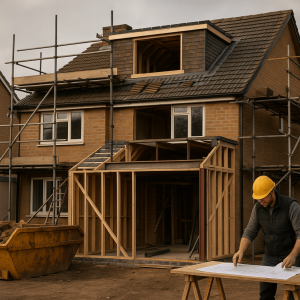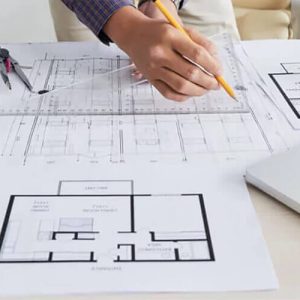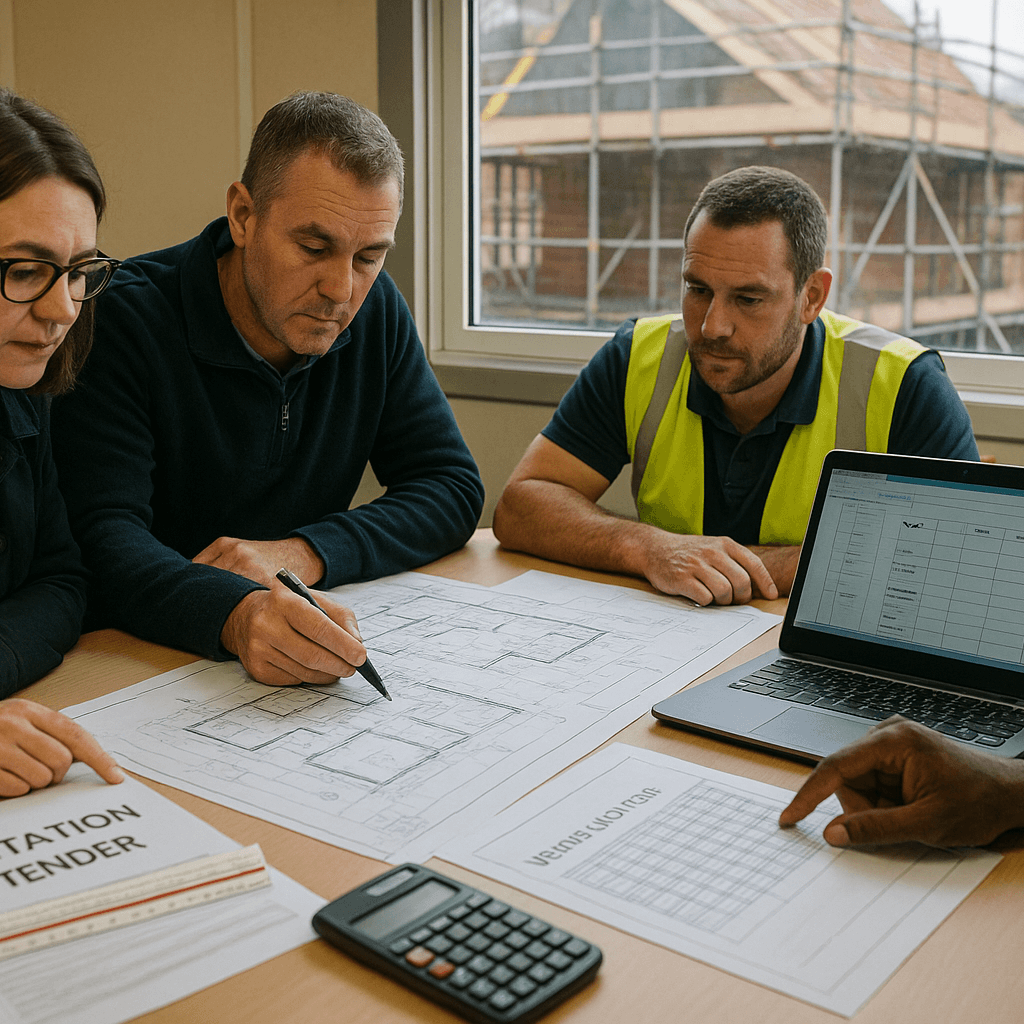The rise in constructing apartment buildings is largely driven by the complexities of today’s housing market and the demands of a growing population. If you’re exploring real estate development, you may have considered the ambitious idea of building an apartment complex yourself. While it’s a challenging endeavour, with solid planning and the right resources, turning your vision into reality is entirely within reach. Let’s explore the steps to create high-quality residential buildings that align with market needs and regulatory standards.
Initial Planning: Outlining Your Vision
Setting a clear project scope is vital, as it shapes your budget and team selection. Are you planning a modest development with a few units, or do you envision a larger project?
Location is a fundamental consideration—where your building is located impacts tenant appeal, proximity to amenities, and overall rental potential. Tenants often look for convenient access to public transport, schools, and lively social areas.
Compare the location costs to expected rental income. If your profit margin appears to be too tight, you may want to adjust your project’s scale or look at less costly locations.
Securing Financial Backing for the Project
Constructing a block of flats requires a significant financial outlay, usually more than an individual can personally fund. Construction expenses typically range from £1,800 to £3,000 per square metre, depending on land prices and potential demolition needs.
Don’t forget additional expenses, including contractor fees, architectural services, interior design, and landscaping. Draft a comprehensive budget and research funding options like property development loans or investor partnerships.
Designing and Securing Approvals
Before any physical work begins, you’ll need to secure necessary permits from local authorities. This can take time and will involve fees, so factor these into your planning.
Selecting an experienced team is critical. Aim to work with commercial construction professionals known for clear communication and financial discipline. Hiring a firm that provides both construction and architectural services can streamline the entire process.
The Building Phase and Marketing Your Apartments
With planning complete, construction can begin. Regular communication with your contractor will help keep the project on schedule and within budget. At the same time, start promoting your apartments. Emphasise unique features and amenities to make your property stand out, leveraging online listings, traditional media, and community outreach.
Post-Construction: Effective Property Management
Once construction wraps up, the focus shifts to efficiently managing the property to ensure steady profitability. Hiring a skilled property manager can be invaluable—they’ll oversee communal maintenance, ensure safety standards, and handle insurance policies.
Conclusion
Constructing an apartment complex is a challenging but rewarding venture. It requires thorough planning, a significant financial investment, and strong project management skills. However, with a solid strategy and a reliable team, you can transform your vision into a valuable asset that meets the community’s housing needs.
FAQs
- What is the average cost per square metre for building a block of flats?
Generally, construction costs fall between £1,800 and £3,000 per square metre, though they may vary based on land and demolition expenses. - Why is location critical when building a block of flats?
Location greatly affects tenant demographics, accessibility, and rental pricing potential. - What financing options are available for such a project?
Financing options include property development loans, investor partnerships, and private investment. - Is it feasible to manage a block of flats independently?
While possible, it’s generally better to hire a professional property manager for daily operations and regulatory compliance. - How long does the permit approval process take?
This varies widely, often depending on local government procedures and project scope.












